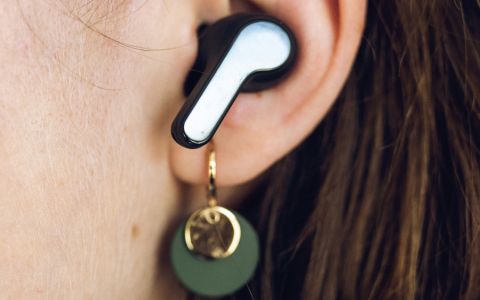The European Environmental Bureau (EEB), Europe’s largest federation of environmental citizens’ organisations, and the International POPs Elimination Network (IPEN), today called on EU Environment Ministers to reject the European Commission’s current proposals and establish a protective standard for persistent organic pollutants (POPs) in waste. The Commission is currently asking Member States to approve an extremely weak policy which would permit high levels of POPs in waste.
The key issue is how stringently the Commission should oblige EU governments to comply with the Stockholm Convention requirement on POPs in waste. The Convention recommends that POPs should be destroyed or irreversibly transformed to prevent the continued build-up of toxins in people, plants and animals (bioaccumulation), and other threats to human health and the environment. If EU countries applied the Commission’s proposed policy, they would be accepting continuing high levels of POPs in their own and imported waste. The proposal would also allow POPs-contaminated waste to be exported to developing countries.
“Diluting and burying POPs-contaminated waste in landfills and, even worse, using it for footpath construction in EU or developing countries simply violates the intention of the Stockholm Convention,” said Jindrich Petrlik of IPEN.
The Commission’s proposal also sets standards that are far more permissive than the limits which are currently applied in EU Member States. The levels of Polychlorinated Biphenyls (PCBs) mooted by the Commission are 300-500 times weaker than those under existing German law. And the suggested new levels for dioxins and furans would be 20-30 times less protective than current Czech regulations, and 150 times weaker than existing Austrian requirements.
“Unmanageable toxic substances such as POPs need rigorous standards that incorporate the most protective standards from Member States,” said Petrlik. “Ministers must ensure that the EU leads in protecting public health and the environment, instead of undermining Member States’ efforts and re-opening the waste trade.”
For further information please contact:
Jindrich Petrlik, Co-chair, Dioxin, PCB, Wastes Working Group, IPEN, This email address is being protected from spambots. You need JavaScript enabled to view it.; Tel: +420 603 582 984
Peter Clarke, Press & Publications Officer, EEB, This email address is being protected from spambots. You need JavaScript enabled to view it.;
Tel: +32 2 289 1309
Please see IPEN and EEB’s letter to EU Environment Ministers






